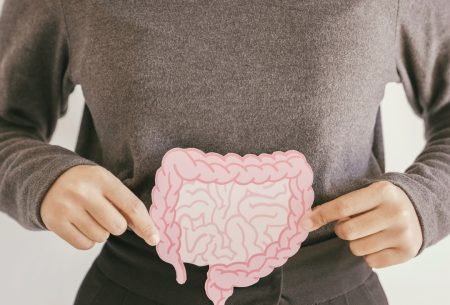Ever been mid-run and out of nowhere, you need to poop? Or started getting gut symptoms like bloating and tummy pain? Hands up if you relate.
You’re not alone! Here’s what to do…
It’s what we call exercise-induced gut symptoms and it affects more of us than you might think 🏃♀️ Around 30-50% of athletes say gut symptoms is one of the most common causes of underperformance.
Whether you’re an Olympic athlete or fun runner, it’s time we talked about it!
So what’s the answer if you’re experiencing these issues?
1. HYDRATE before and on the day
Exercising less than 2 hours? Go for water. Going for a longer run? It could be worth trying a sports drink with electrolytes
2. TRY LIMITING HIGHER-FODMAP FOODS 24-48 HOURS BEFORE ANY BIG EVENTS
BUT this is only for the short-term, so remember to reintroduce these foods after the event to support good gut health
3. EAT 2-4 HOURS BEFORE
Snacking closer to exercising? Go for foods lower in protein, fat or fibre. My go to: a crumpet / muffin with jam and 1/2 a ripe banana.
4. TRAIN YOUR GUT
One for the marathon runners – for endurance events longer than 2 hours, it’s important to train your gut to get used to feeding during exercise. Our guts are amazingly adaptable!
Why 2 hours? On average, that’s how long our body’s energy stores can keep up moderate exercise. Go for high-carb, low-fibre options.
Don’t let gut symptoms get in the way of your fitness goals! Whatever they may be.
If you still don’t get relief with the above, it’s worth reaching out to sports dietitian (although I know not accessible to everyone), Evelyn is our expert The Gut Health Clinic













